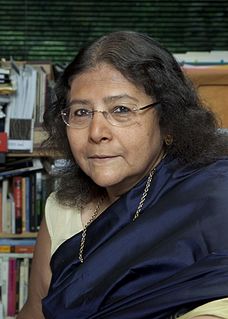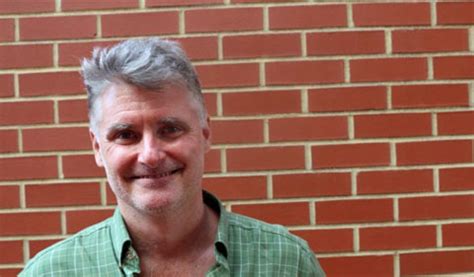A Quote by Noam Chomsky
Citizens of the democratic societies should undertake a course of intellectual self defense to protect themselves from manipulation and control, and to lay the basis for meaningful democracy.
Related Quotes
Of course, we [ with Edward Herman] have a purpose: namely, to encourage readers to undertake what might be called "a course in intellectual self-defense," and to suggest ways to proceed; in other words, to help people undermine the dedicated efforts to "manufacture consent" and to turn them into passive objects rather than agents who control their own fate.
Government has three primary functions. It should provide for military defense of the nation. It should enforce contracts between individuals. It should protect citizens from crimes against themselves or their property. When government-- in pursuit of good intentions tries to rearrange the economy, legislate morality, or help special interests, the cost come in inefficiency, lack of motivation, and loss of freedom. Government should be a referee, not an active player.
Holding onto and manipulating physical objects is one of the things we learn earliest and do the most. It should not be surprising that object control is the basis of one of the five most fundamental metaphors for our inner life. To control objects, we must learn to control our bodies. We learn both forms of control together. Self-control and object control are inseparable experiences from earliest childhood. It is no surprise that we should have as a metaphor-a primary metaphor-Self Control is Object Control.
I am kind of a sucker for democracy, so I do think that what kinds of citizens we have in our societies are more foundational than what kinds of governments we have, and that the responsibility for self-government is ultimately with us. But we also have learned through a couple thousand years of democracy that democracies are only as good as people's capacity to reflect on those questions.
A democratic public forms when citizens gather together to deliberate and make public judgments about local and national issues that affect their lives. By associating together for public discussion, citizens learn the skills necessary for the health of a democratic public; listening persuading, arguing, compromising, and seeking common ground. When these skills are nurtured within the institutions of a democratic public, citizens educate themselves in order to make informed political decisions.
Economic life should be definancialised. We should learn not to use markets as storehouses of value: they do not harbour the certainties that normal citizens require. Citizens should experience anxiety about their own businesses (which they control), not their investments (which they do not control).
It is this capacity for relentless self-criticism that should be - everywhere - the true measure of intellectual freedom and cosmopolitanism, not the entrenched cultural power and self-congratulatory moral rhetoric of some people in countries long accustomed to telling other societies what to do and how to behave.
If you have reservations about the system and want to change it, the democratic argument goes, do so within the system: put yourself forward as a candidate for political office, subject yourself to the scrutiny and the vote of fellow citizens. Democracy does not allow for politics outside the democratic system. In this sense, democracy is totalitarian.
Never before has a populist democracy attained international supremacy. But the pursuit of power is not a goal that commands popular passion, except in conditions of a sudden threat or challenge to the public's sense of domestic well-being. The economic self-denial (that is, defense spending) and the human sacrifice (casualties, even among professional soldiers) required in the effort are uncongenial to democratic instincts. Democracy is inimical to imperial mobilization.
Education in democracy must be carried on within the Party so that members can understand the meaning of democratic life, the meaning of the relationship between democracy and centralism, and the way in which democratic centralism should be put into practice. Only in this way can we really extend democracy within the Party and at the same time avoid ultra-democracy and the laissez-faire that destroys discipline.
The left wants to protect social programs, the right wants to protect defense and intelligence spending and all the rest. I say the defense and intelligence world will be better off with a smaller budget. They would be less encumbered by bloat and able to maneuver the way they used to be able and not trip over themselves.




































